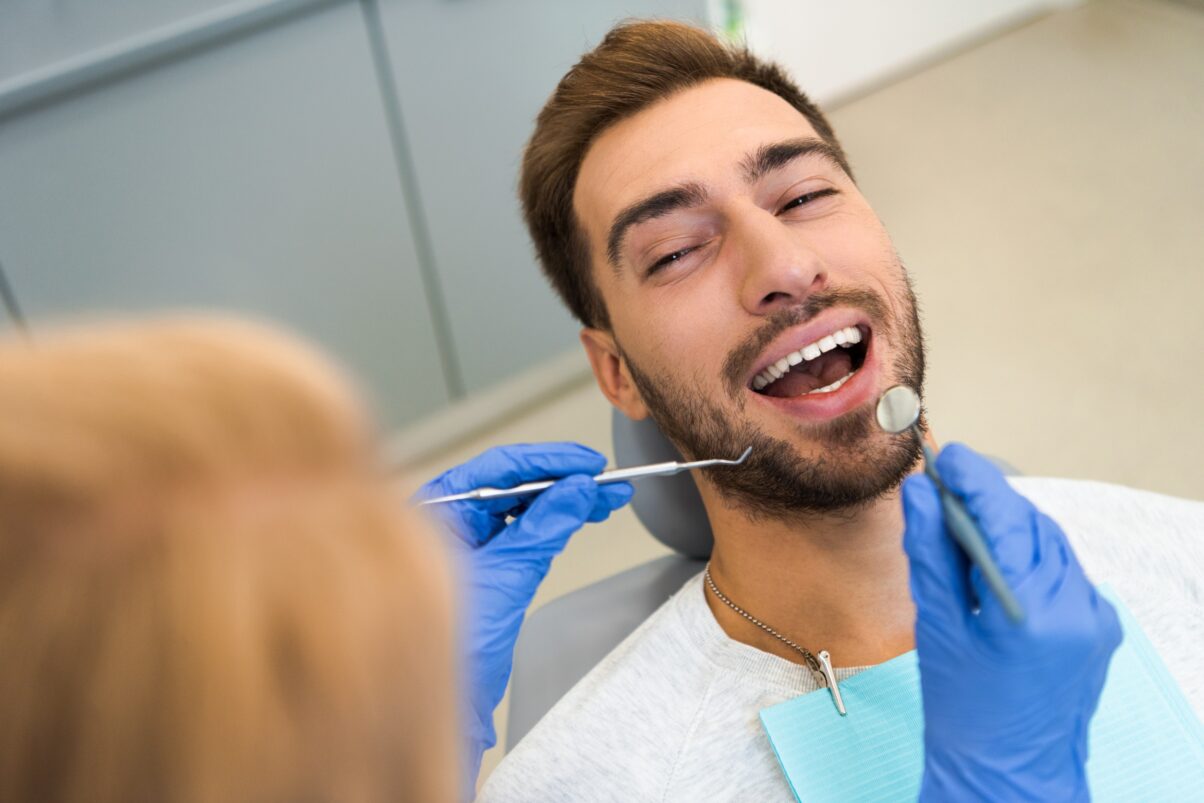As we observe Oral Cancer Awareness Month, it’s time to spotlight the critical importance of early detection and proactive prevention in the fight against oral cancer. This devastating disease, affecting thousands worldwide, often goes unnoticed until it’s too late. However, with increased knowledge and vigilant attention to oral health, we can turn the tide against this silent threat. In this comprehensive guide, we delve into the essential aspects of oral cancer, including its risk factors, the pivotal role of early detection, and the effective strategies for prevention. Join us in empowering yourself with the knowledge to not only understand but also combat oral cancer, ensuring a healthier future for all.
Unveiling the Reality of Oral Cancer
Oral cancer, encompassing cancers of the mouth, tongue, and throat, presents a significant health challenge globally. Despite its severity, awareness and understanding remain relatively low. Oral Cancer Awareness Month shines a spotlight on the necessity of recognizing early signs, understanding risk factors, and embracing preventive measures.
The Critical Need for Awareness
Awareness is the first step in combating oral cancer. Many individuals overlook early symptoms, mistaking them for common oral health issues. Recognizing symptoms like persistent sores, unexplained bleeding, and changes in oral sensation can lead to earlier diagnosis and treatment.
Understanding Risk Factors
The battle against oral cancer begins with a clear understanding of its risk factors. Primarily, tobacco use stands as the most significant risk, with smokers and those who use other forms of tobacco at a much higher risk compared to non-users. Heavy alcohol consumption synergistically increases the risk, especially when combined with tobacco, multiplying the chances of developing oral cancer. Additionally, the human papillomavirus (HPV), particularly HPV-16, has emerged as a leading cause of oropharyngeal cancers, linking sexual behaviors to increased cancer risk.
Excessive sun exposure, particularly on the lips, also plays a critical role, with cumulative damage over time leading to cancerous changes. Furthermore, genetic predisposition and familial history of cancer can elevate an individual’s risk, pointing to the complex interplay of heredity and environmental factors in cancer development.
Age is another contributing factor, with the incidence of oral cancer increasing significantly in individuals over 40. However, recent trends show a rise in younger populations, possibly due to lifestyle factors and HPV prevalence. The diverse nature of these risk factors emphasizes the need for targeted awareness and personalized prevention strategies, ensuring that individuals at higher risk can take proactive steps to mitigate their chances of developing oral cancer. Understanding these risks is not just about identifying the problem; it’s about catalyzing action towards healthier lifestyle choices and regular screenings, ultimately forging a path to prevention and early detection.
Early Detection: A Lifesaver in Oral Cancer
Early detection of oral cancer can dramatically improve survival rates, highlighting the importance of regular dental check-ups and screenings. Dental professionals are often the first line of defense, capable of identifying early signs that are not yet visible or symptomatic to the patient.
The Role of Dental Check-Ups in Early Detection
Regular dental visits are crucial for more than just cavity checks; they serve as a vital opportunity for oral cancer screening. Dentists assess not only teeth and gums but also the entire oral cavity and connected tissues for any signs of precancerous or cancerous changes.
Advances in Diagnostic Techniques
The evolution of diagnostic tools, including advanced imaging and biopsy techniques, has enhanced the accuracy of oral cancer detection. These advancements enable dental professionals to detect anomalies at an earlier stage, facilitating prompt and effective treatment.
Prevention: Empowering Individuals Against Oral Cancer
Preventive measures are paramount in reducing the incidence of oral cancer. Public education campaigns and individual actions play crucial roles in prevention, emphasizing the need for lifestyle adjustments and regular health check-ups.
Lifestyle Modifications to Reduce Risk
Reducing tobacco and alcohol use, maintaining a healthy diet rich in fruits and vegetables, and protecting lips from excessive sun exposure are critical steps in oral cancer prevention. Additionally, HPV vaccination has emerged as a significant preventive measure, especially for younger populations.
The Impact of Regular Oral Health Maintenance
Regular oral hygiene practices, such as brushing, flossing, and using mouthwash, contribute to overall oral health and reduce cancer risk. These practices, coupled with professional dental cleanings and check-ups, form a robust defense against oral cancer.
Taking Action: Schedule Your Dental Check-Up Today
Oral Cancer Awareness Month serves as a crucial reminder of the importance of proactive health measures. Early detection and prevention are key to combating oral cancer, and it starts with regular dental appointments. Dental professionals play a critical role in screening and educating patients, making dental visits essential for early diagnosis and effective treatment.
Your Role in Combating Oral Cancer
Everyone has a part to play in fighting oral cancer. Being informed about the risks, symptoms, and preventive measures can save lives. Scheduling regular dental check-ups for professional screenings and advice is a proactive step toward safeguarding your oral and overall health.
Conclusion and Call to Action
Recognizing the importance of early detection and prevention during Oral Cancer Awareness Month can make a significant difference in the fight against this disease. We urge you to take charge of your oral health by scheduling a comprehensive dental examination today. Stay vigilant about your oral health, and take action to prevent oral cancer. Your next dental appointment could be life-saving.

